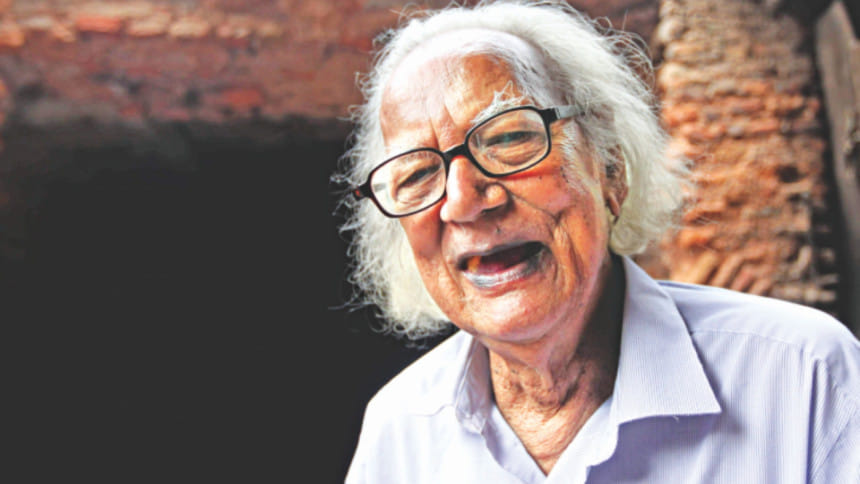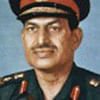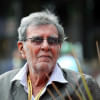Archaeologist Zakaria dies

Abul Kalam Muhammed Zakaria, eminent scholar, archaeologist and also a former secretary of the cultural affairs ministry, passed away yesterday.
He was 97.
He had been undergoing treatment for old-age-related complications at Samorita Hospital in the capital since November. He breathed his last around noon.
Zakaria left behind his wife, two sons, and three daughters.
His first namaj-e-janaza was held at Kalabagan playground after Asar prayers yesterday. He would be buried today at his village Dariakandi in Brahmanbaria's Banchharampur upazila, said his son Maruf Shamser Zakaria.
Despite being ill, Zakaria had been working on multiple books at his home on Panthapath for the last three years, added the son.
The archaeologist was a former president of the editorial board of a committee to publish books on the architectural sites in Dhaka.
The body was an initiative of a group of young researchers. They worked on the documentation of Mughal era architectural sites and discovering old inscriptions and translating them into Bangla.
Zakaria has also translated many literary work of the middle age into Bangla.
Many famous books like Gupi Chandrer Sonyas, Gazi Kalu O Champabati, Bangladesher Nreetotya and Comilla Zelar Itihash were edited by him.
He was one of the few scholars in Bangladesh who mastered Persian language and translated many Persian books into Bangla.
They include Tabaqat-i Nasiri, written by Minhaz-e-Siraz who had come to Bengal along with Ikhtiar Uddin Bakhtiyar Khilji hundreds of years ago.
Abul Kalam Muhammed Zakaria, who is well known as AKM Zakaria, won Ekushey Padak last year for his contribution to the field of research. He had earlier received Bangla Academy award and Asiatic Society Man of the Year gold medal.
Born in 1918, the scholar did his graduation in English Literature from Dhaka University. He started his career as a teacher at Azizul Haq College, Bogra in 1946. Two years later, he joined the civil service.
Wherever he was posted, he always looked for archaeological sites. In 1968, he convinced the government to excavate a site in Dinajpur from where Sintakote Vihar of the fifth century was discovered.
Cultural Affairs Minister Asaduzzaman Nur and Vice-chancellor of Dhaka University AAMS Arefin Siddique sent messages of condolence to the family of the deceased.

 For all latest news, follow The Daily Star's Google News channel.
For all latest news, follow The Daily Star's Google News channel. 







Comments